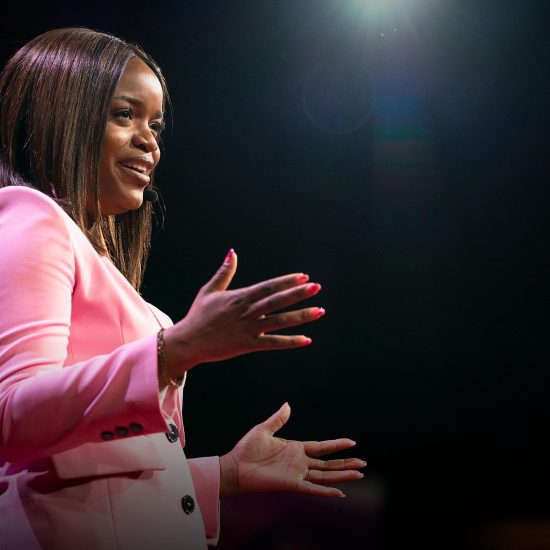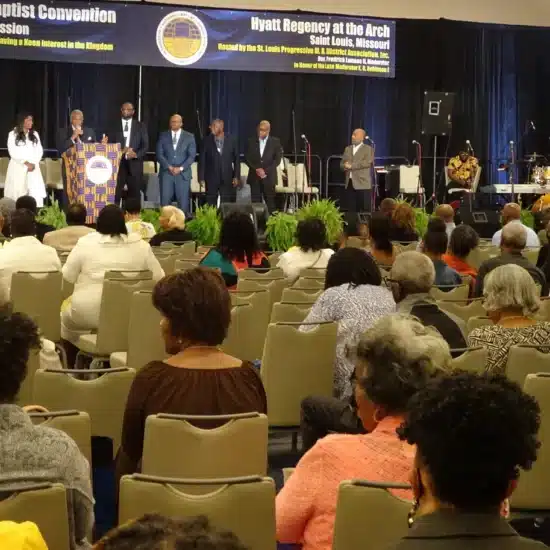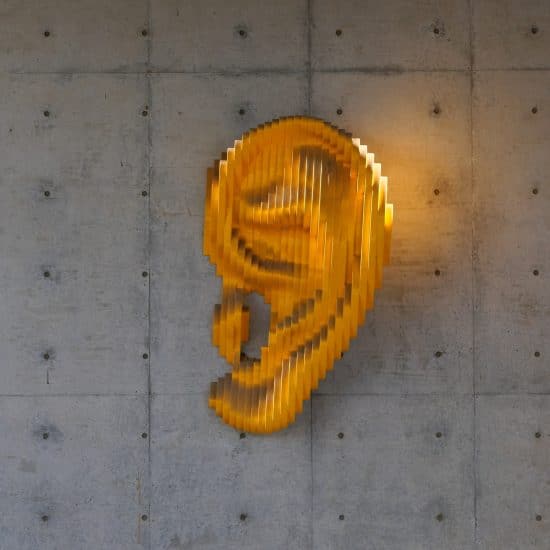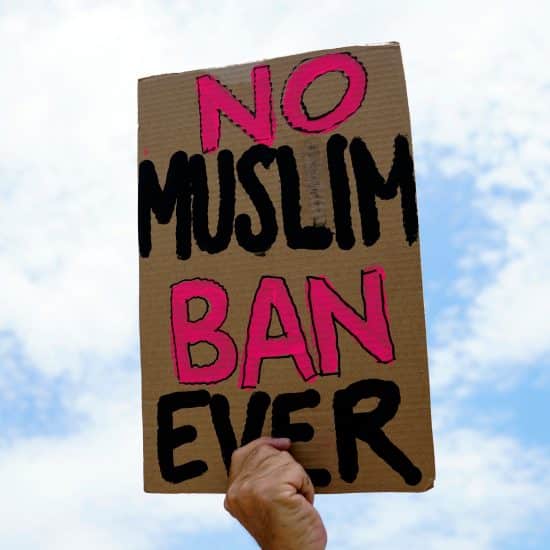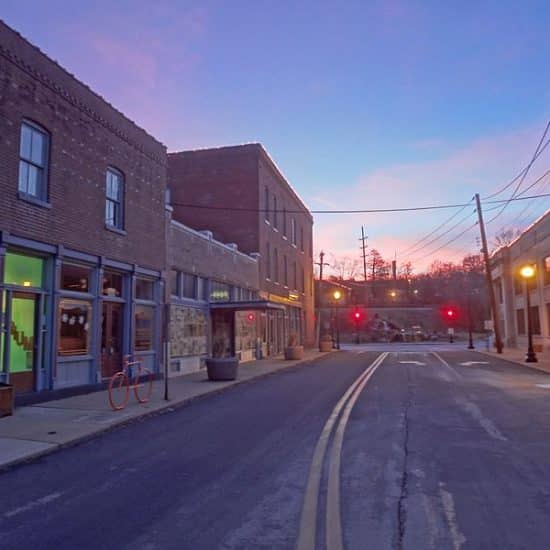The Ferguson Commission was created by executive order of Missouri Gov. Jay Nixon on Nov. 18 to study the underlying issues raised by the Aug. 9 shooting death of an unarmed black teen, Michael Brown Jr., in a confrontation with white Ferguson police officer Darren Wilson and by a grand jury’s determination less than three months later that there was not sufficient cause to indict the officer.

Ferguson Commission co-chairs Richard “Rich” McClure (left) and Starsky Wilson confer during the initial meeting of the Ferguson Commission appointed by Missouri Gov. Jay Nixon. (Photo by William GreenBlatt/UPI)
|
Both the shooting and grand jury announcement resulted in sometimes violent protests and confrontations with law enforcement in the St. Louis suburb. After the grand jury decision was announced on Nov. 24, protestors set fire to several downtown businesses.
That decision sparked other protests across Missouri and across the country.
The governor charged the commission with issuing a report with specific policy recommendations no later than Sept. 15.
The scope of the commission’s study is far-reaching — to address citizen-law enforcement relations; racial and ethnic relations; municipal government organization and the municipal court system; and disparities in education, economic opportunity, housing, transportation, health care, child care, business ownership, and family and community stability.
The commission wasted no time in beginning its work, holding its first meeting on Dec. 1 and the next two on subsequent Monday evenings. The fourth was a “youth summit” on Jan. 10 at St. Louis Community College in Florissant, specifically set up to hear concerns from the community’s young people.
The fifth and most recent meeting was held on Jan. 20 at Westview Middle School, just miles from where the shooting and the protests occurred.
Neither churches nor religion are officially on the commission’s agenda, but the importance of faith is more than implied. Meetings begin with an invocation and conclude with a time of silence when attendees are given the chance to pray in their own way for the community and for the commission’s work.
The commission includes two pastors, co-chair Starsky Wilson and commissioner Traci Blackmon, both African Americans.
Wilson is pastor of Saint John’s Church (The Beloved Community) in St. Louis and leads the Deaconess Foundation, a faith-based grant-making organization devoted to making child well-being a civic priority in the St. Louis region.
“My clinical and pastoral backgrounds equip me to positively contribute…and I want to be part of this healing work,” said Blackmon, pastor of Christ the King United Church of Christ in Florissant.
Churches and pastors have been visible ever since events unfolded following the Aug. 9 shooting. News accounts reported actions by pastors and churches to offer support for affected parties and concern for racial tensions. Many hosted prayer meetings to specifically address the racial tension.
Pastors called for restraint and appealed for calm and order in the community. A few pastors joined the protests.
When asked about the role of churches in addressing the racial climate in the area, the other co-chair, Richard “Rich” McClure, encouraged faith communities to look at themselves and “determine what the gospel calls them to do.”
The former president and COO of Unigroup, McClure is an active leader in civic causes and has worked with communities, as well as state and local governments, on issues of education, government organization and public policy. He also has been an active churchman.
The 16-member commission — which includes 10 men and six women as nine African Americans and seven Caucasians — are identified on the commission website, stlpositivechange.org. An intentionally diverse group, they include ministers, business owners, not-for-profit leaders, teachers, lawyers, police officers, activists, pastors and public servants.
At its most recent meeting, the commission focused small-group discussions on child well-being and education.
Eighth-grader Mariah Jones offered the invocation, and she prayed for “a peaceful and successful” meeting, for safety and wisdom for the commissioners, for devotion for teachers and for patience as they help students to succeed.
“Help my peers to connect with positive influences, and help us to develop into strong community members and leaders through working with the Ferguson Commission,” she prayed. “We ask for peace for everyone as well as safety for all. Amen.”
The teen’s prayer was a quiet plea for better things for the children and families of the St. Louis suburb that has been marked over the last few months by anything but quiet, peace and safety. Her invocation drew a groundswell of “amens” from the audience.
Last week’s meeting of the commission, which drew more than 130 attendees, began like the other four with a 15-minute “meet and greet” time on the agenda. Commissioners and attendees moved about the meeting area to informally mingle and introduce themselves to each other.
McClure confirmed the informal greeting time is intended to create an atmosphere for citizens to freely express concerns and hear the concerns of others, and for commissioners to listen.
Listening has marked the sessions thus far, with each focused on an area of concern listed in the commission’s charge.
Like previous meetings, this one had a summary of the previous meeting, including small group dialogue. Attendees were given two minutes each for “open-mike” comments they believe commissioners needed to hear.

